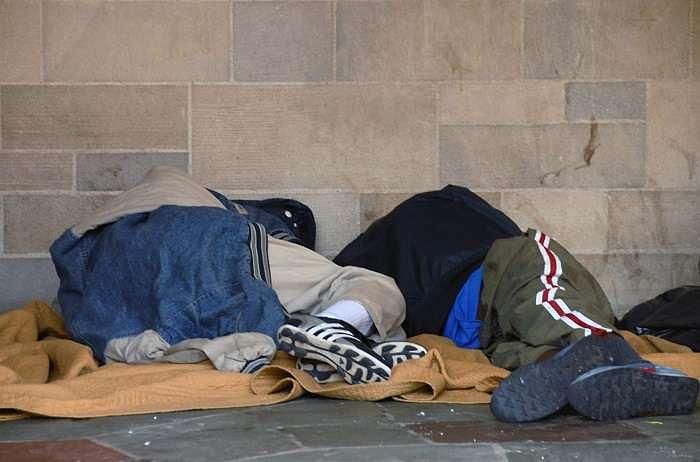Romanian Prime Minister: Endemic poverty is mainly the result of corruption

Endemic poverty is mainly the result of corruption and of the way public authorities allocate resources in Romania, Prime Minister Dacian Ciolos said on Tuesday. He participated in a public debate on the anti-poverty measure package his cabinet has been working on in the past months.
Ciolos also thinks that in order to eradicate poverty, the citizens’ behavior also has to change and people mustn’t tolerate corruption anymore. Eradicating corruption and fighting poverty are among the principles included in the Prime Minister’s platform Romania 100 launched on Monday.
“As long as we only think about social policies that allow those who live in chronical poverty to live from day to day, with welfare benefits granted almost at auction during the electoral campaigns – who offers more -, and as long as we live with the impression that only with social assistance policies we can solve problems, we can’t talk about viable solutions,” Ciolos said, according to Agerpres.
The Government is working on a social inclusion strategy that focuses not only on paying welfare benefits to people in need, but also on identifying their problems and trying to solve them through integrated social services.
Statistics show that welfare benefits only solve 23% of the extreme poverty issues, according to Labor Minister Dragos Pislaru. This safety net is needed, but the social service area also needs to be developed and made known to people, he says.
“The social assisted term is usually deprecating. People who live on welfare are considered lazy and are regarded as if they don’t want to work. This mentality has to change and we must see how we can draw our fellows back to society, and this is more than about investments, it’s about returning their decency, confidence, and social status, which they have lost,” Dragos Pislaru said.
Romania’s Government launched an integrated anti-poverty measure package in February this year. The package includes 47 measures that target all age groups, and focus on the problems of disadvantaged children and youth. The measures also target an integrated approach trying to solve social, education, healthcare, occupancy, habitation, and children’s rights protection issues.
For starters, a group of 180 marginalized communities in Romania with medium or extreme poverty problems will benefit from integrated social services, the Labor Ministry announced on Monday, on the International Day for the Eradication of Poverty.
Over a third of Romanians (37.3%) are at risk of poverty or social exclusion, the second highest rate in the EU, according to Eurostat.
Romania's Government gives EUR 5 mln to fight urban poverty
editor@romania-insider.com















